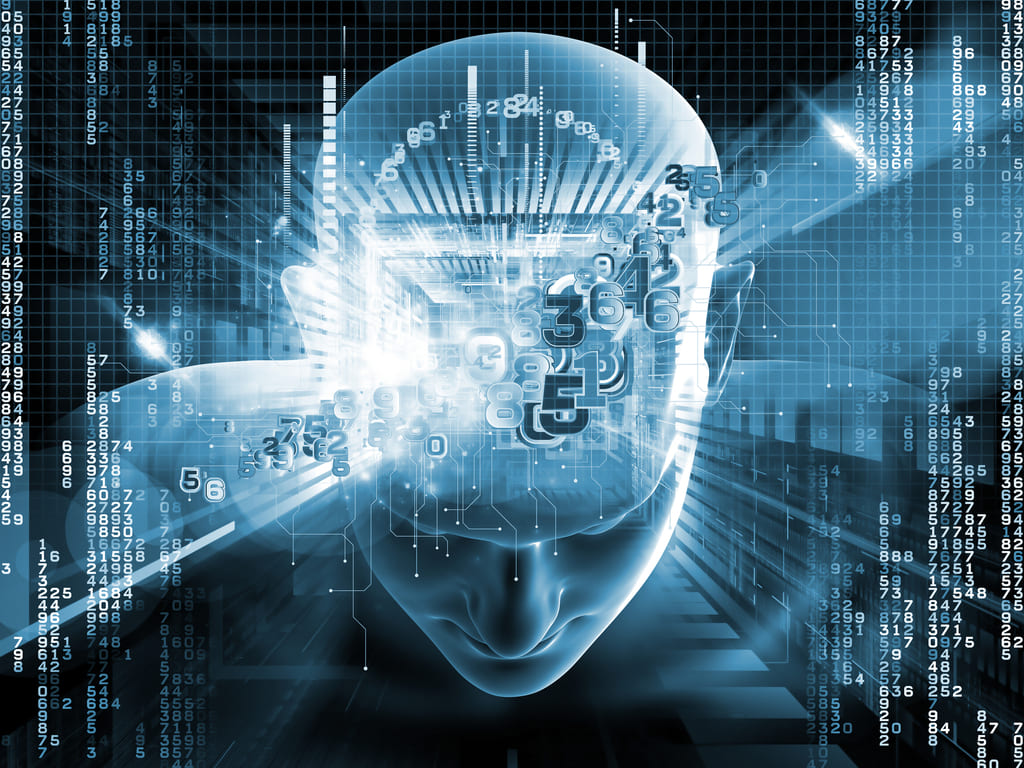Our Services
Advanced IT / Artificial Intelligence
The late Jean-Pierre Barthélémy, who ran the LIASC at Télécom Bretagne, refused to use the term “Artificial Intelligence”. Instead, he called it “Advanced Computing”, including in his laboratory’s acronym “Informatique Avancée et Sciences Cognitives” (Advanced Computing and Cognitive Sciences)…
We agree with his concerns, as the term “Intelligence” is extremely misleading!
Can AI techniques be used in analyzing and modeling risks? Of course it can, and in a wide range of fields: aerial image analysis to monitor large-scale hazards (fires, floods…), video surveillance stream processing, network monitoring to detect cyber-attacks, detecting anomalies in the temporal or spatio-temporal signals of sensors, predictive analysis, and many other applications…
APEX solutions is convinced of the growing role that AI will play in the future, and is a member of the PyImageSearch University online academy. We invested in both top-quality training courses and high-performance dual-use equipment, BR.A.I.N.S. to train our own neural networks.
APEX is currently developing three areas of research:
- The development of behavioral AI to integrate realistic modeling of human behavior (such as video game NPCs) into our “serious games”, which began with Julian Paquerot‘s ADAM (Autonomous Decision Agent Model) internship and will continue with another research project of the same name.
- The automatic analysis of sensor data to detect anomalies automatically, with a first application in the early detection of leaks in drinking water supply networks and the prevention of burst pipes (in France, 20% of the total water drawn is not distributed!). A Franco-German project is currently under construction.
- The analysis of satellite and drone data, a field which will eventually be handled by Marie Voyeaud, our work-study student in a Geomatics and Land Management engineering degree program.
We are aware that Deep Learning technologies have a huge impact on the climate (training the GPT-3 algorithm generates as much CO2 as a round trip between the Earth and the Moon by car!). This involves reusing networks that have already been trained, refining their predictions (transfer learning, fine tuning), or integrating human intervention into the loop (hybrid AI).

